Lessons from Pandemic Reshaping Senior Living
Interest in senior living in both nonprofit and commercial communities is on the rebound.
Senior living communities, among the most at-risk segment of Atlanta’s population during the COVID-19 pandemic have begun to rebound and even rebuild as the threat of infection recedes, according to local industry observers.
The nonprofit Jewish HomeLife’s network of communities, which offers a full range of options from independent and assisted living to geriatric nursing and rehabilitative care, has seen new interest in their services in the past two months, according to chief operating officer Jeffrey Gopen. He said families are starting to express renewed confidence in communal living.
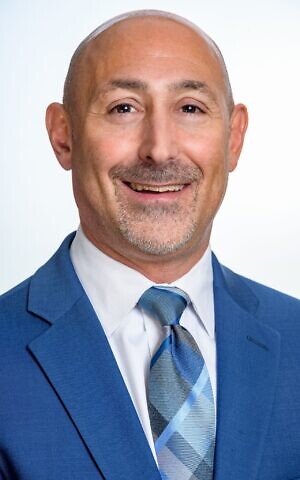
“We were able to take many people that were on our long-term waiting list that had waited years because a waiting list was years long at that time. They were able to finally find an opportunity to move into the building.”
As a result of the new interest, Gopen points out that occupancy rates in all of JHL’s facilities have started to climb again.
“The skilled nursing home in the last four to eight weeks has begun to seriously rebound as far as new residents. The William Breman Jewish Home, which has 96 new beds, and where our census was down in percent of occupancy into the mid-60s during COVID and in the last two months has rebounded into the mid-80s with a significant increase in demand for short-stay rehab.”
The same is true in the commercial sector of the market, which took a hit when families started moving the elderly back to care at home.
Nonetheless, the demand for senior services and housing is on a long-term growth curve. According to the U.S. Census Bureau, an estimated 10,000 Americans turn 65 each day and the number of seniors, according to the census, is estimated to reach almost 95 million in the next 40 years.
Those kinds of numbers have influenced Atlas Senior Living, which has an estimated $500 million invested in seven senior living communities in Atlanta and another 22 in other states.

Atlas CEO and president Scott Goldberg said he believes that the company’s recent success, as both a real estate investor and an operator of senior living communities, boils down to the reputation that it acquired during the early days of the pandemic.
It was one of the first senior living communities in the country to offer rapid COVID testing, in house. Through a partnership with Assurance Scientific Laboratories, Atlas was able to perform testing for residents and employees quickly and with little risk. Moreover, they were able to rapidly accommodate new residents that tested negative for the virus.
Goldberg said he believes that the recent uptick in business can also be attributed to what he described as the “pent-up” demand for senior living options.
“We operate a business model that operates on the principle that people need us. But for eight to 10 months through the heart of the pandemic, people weren’t moving into assisted living or memory care communities. Within the past few months, we’re the recipient of all this pent-up demand because people do need us. We’re very, very pleased that we’re starting to see that again.”

In fact, Atlas was so confident in the long-term viability of its industry that in August 2020, with little good news about how the pandemic was affecting seniors, the company doubled down on its investment in Atlanta. It acquired three facilities in highly desirable locations in Buckhead, Marietta and Alpharetta and rebranded them as Legacy Ridge properties.
According to Goldberg, that investment, too, is starting to pay off.
“We knew it would be slow when we took over the occupancy. But all three of those communities were extremely low [occupancy rates.] And we have nothing but positive things to say about all three of those communities. And we’ve been able to significantly increase census each month. It constantly trends the right way and we’re pleased with that.”
Later this month the company, which has grown rapidly in its eight-year history, is adding yet another property, its 30th, in St. Petersburg, Fla.
As the rebounding marketplace continues this trend, the need for capable staffing increases in senior living communities. That, and the adjustments that the industry was already making to accommodate longer life and changing demands for new levels of care, has increased business pressures.
For senior care executives such as Gopen, recently named Professional of the Year by the Association of Jewish Aging Services, it has meant more operating headaches in the post-COVID world.
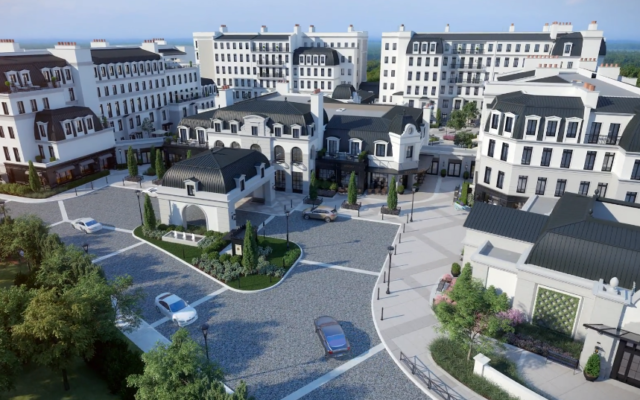
“The supply shortage for workers in senior living communities has worsened. The demand is as robust as ever. So it has put a lot of financial strain on companies that depend on the skilled nursing world. That comes in many, many forms; that comes in forms of sign-on bonuses; that comes in forms of increased regular pay referral bonuses using recruiters. It costs money to find good people. And we will never go back to normal as far as the need for increased protective equipment, sanitation supplies and the cost of that,” said Gopen.
That hasn’t stopped new investment in an Atlanta market that is reportedly among the most competitive in the country. On a 9-acre site on Howell Mill Road in Buckhead, a new senior community is taking shape next door to JHL’s Jewish Home.
The development, Corso Atlanta, has cottages, bungalows and apartment homes that are strongly influenced by what is described as Parisian-inspired design. They have a French chef as a food consultant. It’s being marketed as an assisted and independent living community for the wealthy.
Monthly charges begin at about $7,000, plus add-ons for additional services. Two of the penthouse apartments of about 1,600 square feet have already been leased for $15,000 a month.
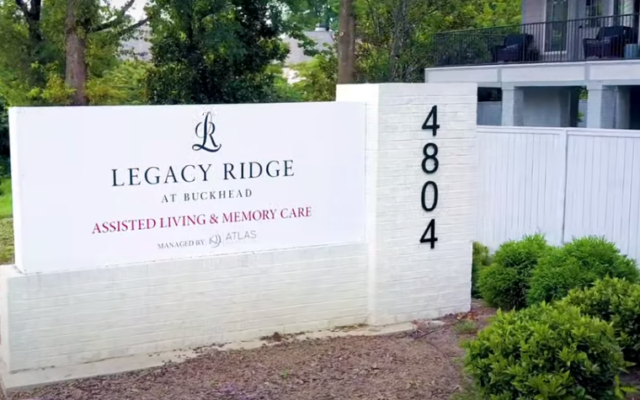
Among the new features of the community is a state-of-the-art electronic medical monitoring system that is being built into the facility. It will allow families and health care providers to have real-time access to the changing needs of residents, including those in a memory care community.
The Corso project is scheduled to open later this year, which partially reflects the experience that developer Galerie Living has learned in its three existing Atlanta communities during the pandemic.
Founder and CEO Tim Gary shares the key to successful senior living during COVID and after, “What we realized is that socialization is just as important to someone’s health as their medication or the service levels that they may be receiving. That was a huge component to keeping people healthy during COVID, of keeping people engaged.”
That realization, shaped by the company’s experience over the past 1 ½ years, is what Gary said helped to influence the Corso project and to shape his company’s future.
“What we learned from the COVID experience is that it takes good outdoor spaces; it takes good common spaces; and it takes the integration of all those spaces together. You can’t just connect one space to the other with a hallway. So our socialization model is quite a new concept. This is the first of its kind in the country.”




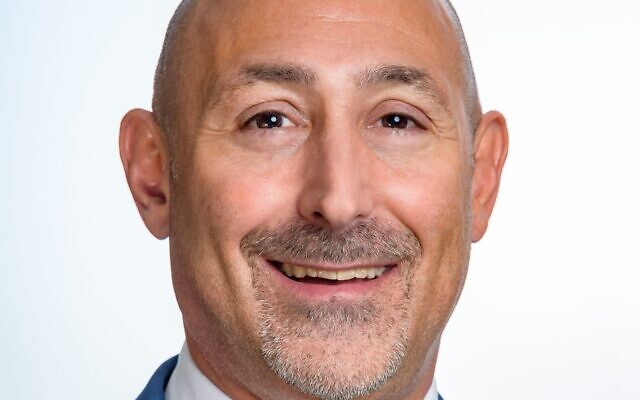
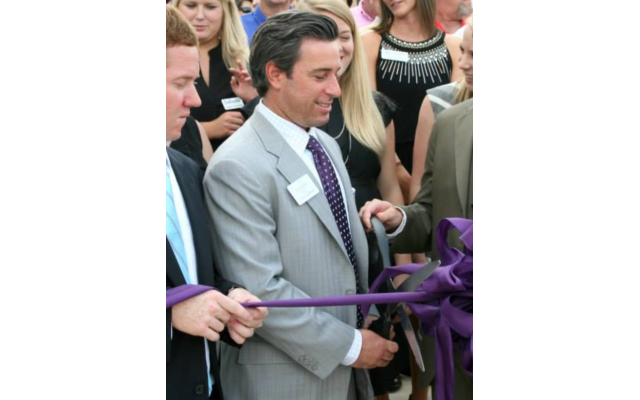
comments